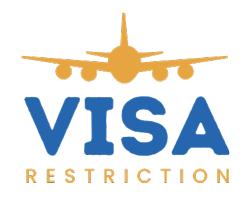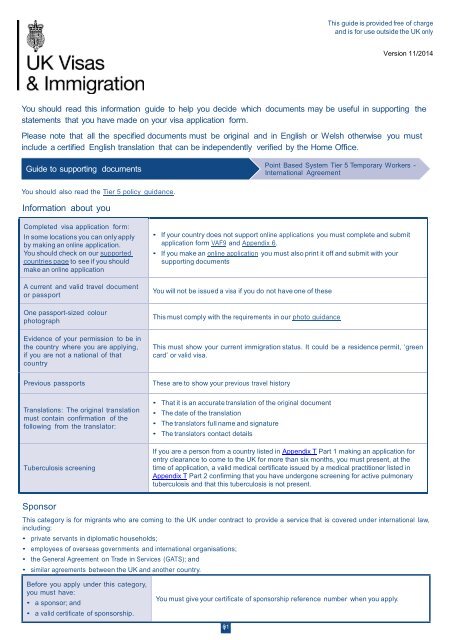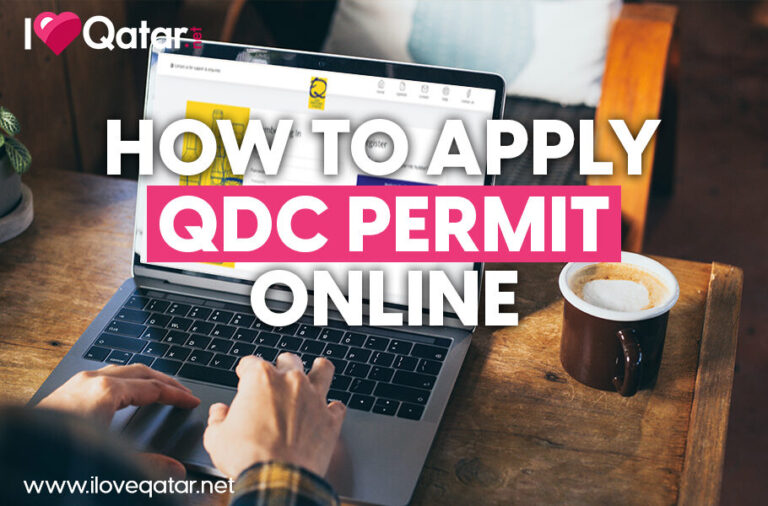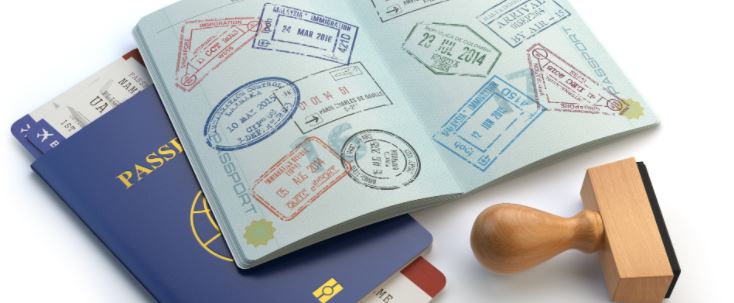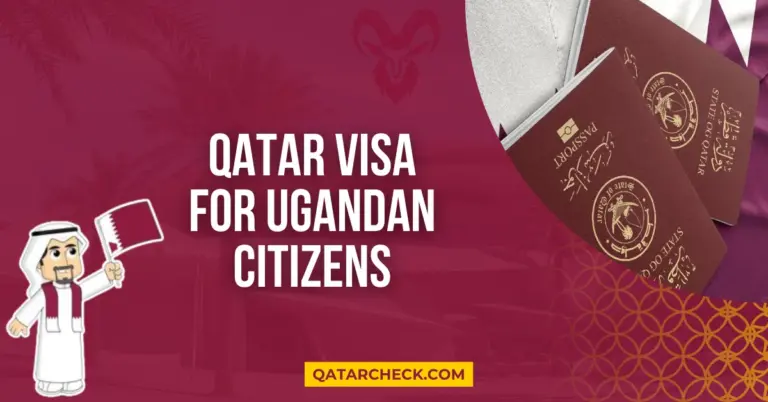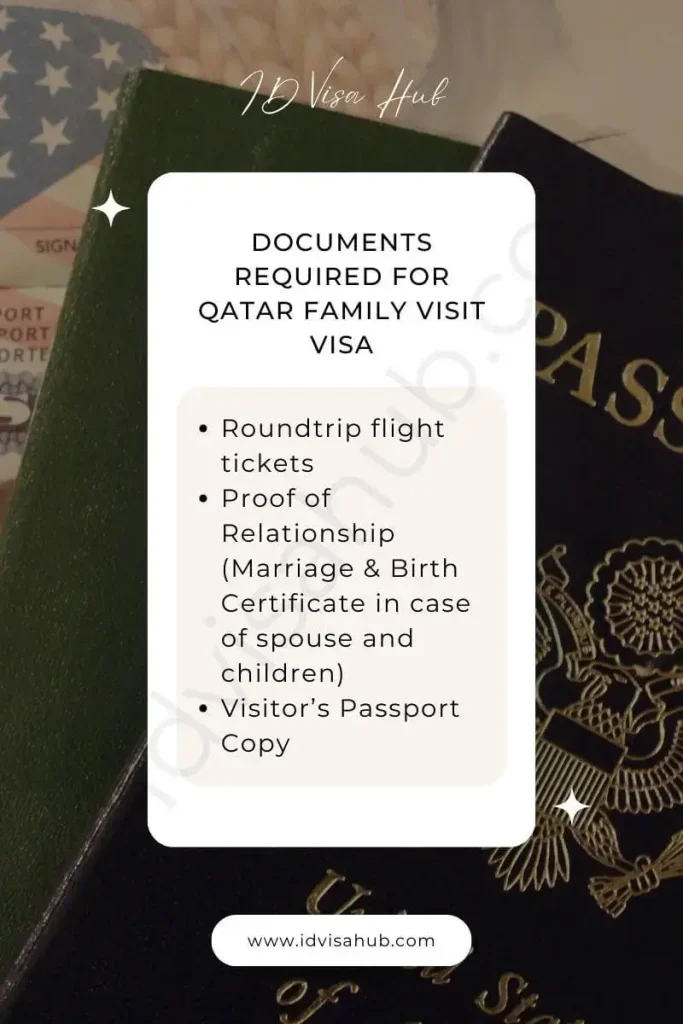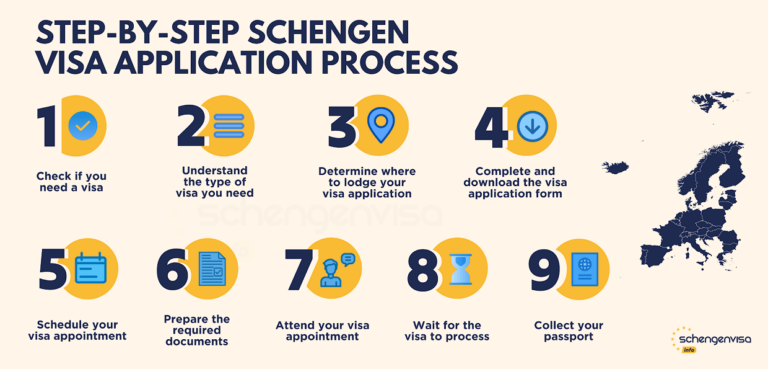Embark on Adventure: Indian Visa Interview Questions Survival Guide
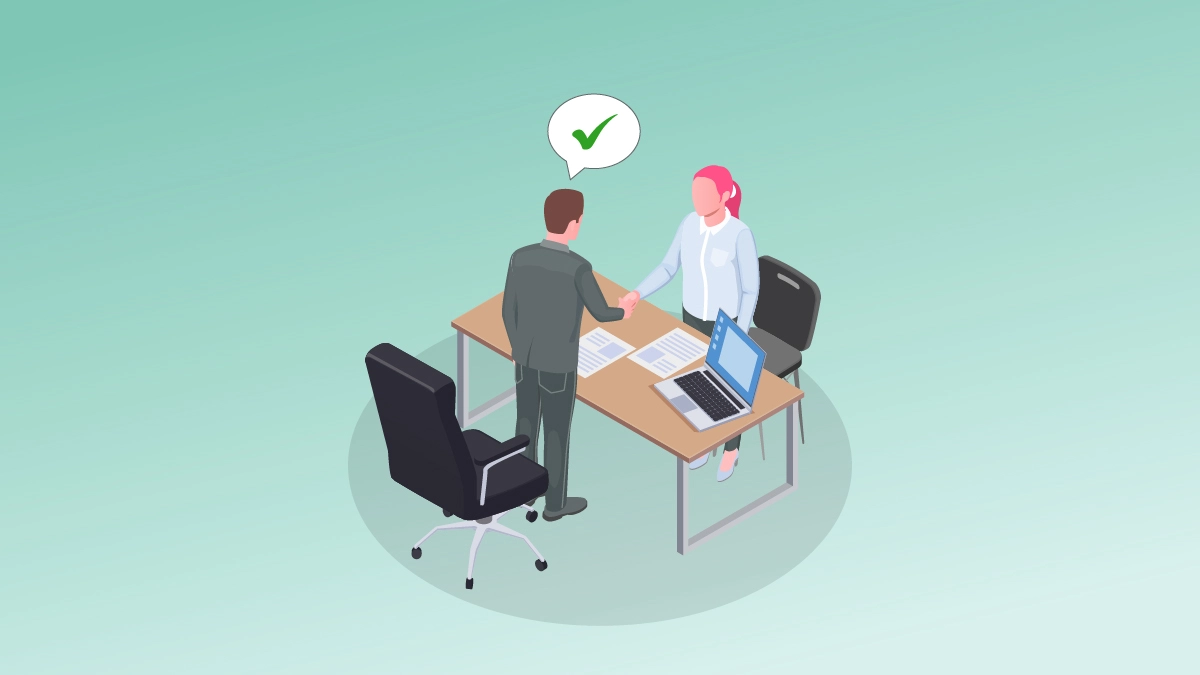
Preparing for Indian Visa Interview
Before attending your Indian visa interview, it’s important to be well-prepared to make a positive impression. Understanding the required documentation and adhering to dress code guidelines can help you navigate the process smoothly.
Required Documentation
Having the correct documentation is crucial for your Indian visa interview. Being organized and ensuring you have all necessary documents can significantly impact your interview’s success. Required documentation typically includes:
- Passport: A valid passport with at least six months of validity beyond your planned stay in India.
- Visa Application Form: Ensure that the form is accurately filled out and signed. You can find more details on the Indian visa application process.
- Photographs: Specific-sized photographs matching the Indian visa photo requirements.
- Proof of Travel Arrangements: Flight tickets and itinerary showing entry and exit dates.
- Proof of Accommodation: Details of your residential address in India, including the place of residence, owner’s information, and duration of stay (Acko).
- Financial Evidence: Bank statements demonstrating adequate funds to cover your trip expenses. If someone else is financing your trip, provide their bank documents as well (Acko).
- Supporting Documents: Additional documents specific to your visa type. Refer to the indian visa requirements for a detailed list.
Here’s a quick checklist:
| Document | Description |
|---|---|
| Passport | At least six months validity |
| Application Form | Fully completed and signed |
| Photographs | Matching specific size requirements |
| Travel Arrangements | Flight tickets, itinerary |
| Accommodation Proof | Details of residence, owner’s info |
| Financial Evidence | Bank statements, sponsor’s documents |
| Supporting Documents | Visa-specific documents |
Dress Code Guidelines
Your appearance at the visa interview can make a significant impact. While there is no formal dress code, it is recommended to dress professionally. This helps convey respect and seriousness about your travel plans. Consider the following guidelines:
- Professional Attire: Opt for business casual or formal wear. For men, a collared shirt and trousers; for women, a blouse with slacks or a modest dress.
- Neat and Clean: Ensure your clothes are clean and ironed. Personal hygiene is equally important.
- Minimal Accessories: Avoid excessive jewelry or accessories that may distract or seem unprofessional.
- Conservative Style: Stick to a conservative style that is neither too casual nor extravagant.
By adhering to these dress code guidelines, you can present yourself as a responsible and respectful applicant, which can positively influence your interview. For more tips on making a good impression, visit our detailed guide on indian visa appointment scheduling.
By ensuring you have the required documentation and adhering to the recommended dress code, you will be well-prepared for your Indian visa interview. Make sure to check out more specific advice on indian tourist visas and other types of Indian visas that may be relevant to your travel plans.
Common Visa Interview Questions
Understanding the questions you might face during an Indian visa interview can help you prepare adequately. Here are some of the common types:
Purpose of Visit
One of the first questions you will likely encounter is related to the purpose of your trip. The consular officer may ask why you want to visit India and what you plan to do there. Whether it’s for tourism, business, or a family visit, being clear and concise about your intentions can go a long way in establishing credibility. Mentioning specific plans or destinations can also be helpful. For more types of visas, refer to types of Indian visas.
Example questions:
- What is the purpose of your visit to India?
- Which cities do you plan to visit in India?
- Do you have any contacts or family in India?
Financial Means
Demonstrating that you have sufficient funds to cover your stay is crucial. You might be required to show bank statements, pay stubs, or other financial documents to prove your financial stability. The officer wants to ensure that you can support yourself during your trip without undertaking illegal employment.
Example questions:
- How do you plan to finance your trip?
- Can you provide your recent bank statements?
- What is your monthly income?
Employment Status
Your employment status is another important factor. The consular officer may inquire about your current job, your role, and how long you’ve been employed. These questions help to confirm your strong ties to your home country and your intention to return. For information on visa processes for work purposes, check Indian employment visa process.
Example questions:
- What is your current job and position?
- How long have you been employed with your current employer?
- Do you have a leave approval letter from your employer?
Travel History
Your travel history can provide insights into your reliability as a traveler. A consistent travel record can bolster your application, whereas frequent violations or overstays may raise concerns. You may be asked to provide details about your previous trips, especially to countries with stringent visa controls.
Example questions:
- Have you traveled internationally before?
- Can you list the countries you have visited in the past five years?
- Have you ever overstayed a visa or been deported?
Here is a simplified table summarizing the key areas of focus:
| Question Type | Potential Questions |
|---|---|
| Purpose of Visit | – What is the purpose of your visit to India? – Which cities do you plan to visit? |
| Financial Means | – How do you plan to finance your trip? – Can you provide your recent bank statements? |
| Employment Status | – What is your current job and position? – How long have you been employed with your current employer? |
| Travel History | – Have you traveled internationally before? – Can you list the countries you have visited in the past five years? |
Preparing for these questions by gathering necessary documents and rehearsing your answers can help ensure a smooth interview process. For a deeper dive into specific requirements and processes, check out articles like Indian visa requirements and Indian visa application process.
Key Factors in Visa Approval
When applying for your Indian visa, it’s crucial to understand the key factors that can influence the likelihood of your application being approved. Here, we’ll focus on two major areas: demonstrating strong ties to your home country and showing non-immigrant intent.
Strong Ties to Home Country
To secure your Indian tourist visa, it’s essential to show that you have strong reasons to return to your home country after your visit. This helps convince the consular officer that you do not intend to overstay your visa. Here are some aspects you can focus on to demonstrate strong ties:
- Employment: Provide proof of stable employment, such as a job contract, recent pay stubs, or a letter from your employer stating that you are on leave and expected to return to work.
- Family: Highlighting close family connections can also be beneficial. Include details and evidence of family members who rely on you or whom you need to return for.
- Property and Assets: Owning property or significant assets in your home country can indicate a strong commitment to returning.
| Evidence Type | Examples |
|---|---|
| Employment | Job contract, pay stubs, employer letter |
| Family | Documentation of dependents, family photos |
| Property | Property deeds, asset statements |
Demonstrating Non-immigrant Intent
Another crucial factor is to demonstrate non-immigrant intent. This means proving that your purpose for visiting India is temporary and that you have no plans to immigrate. Here are some ways to show non-immigrant intent:
- Purpose of Visit: Be clear and specific about the purpose of your visit. For instance, if you are visiting for tourism, provide a detailed itinerary that outlines your travel plans. It’s helpful to refer to the section on details about travel plans for more guidance.
- Duration of Stay: Clearly state the duration of your stay and justify why you need to stay for that period. Have a solid travel plan and supporting documents ready, which can include hotel bookings, return flight tickets, and planned activities. If questioned on reducing your stay duration, be prepared with sound reasons (Acko).
- Intent to Return: Providing evidence of commitments you need to return to, such as academic programs, ongoing projects at work, or family events, can also support your non-immigrant intent.
| Non-immigrant Intent Proof | Examples |
|---|---|
| Purpose of Visit | Detailed itinerary, supporting documents |
| Duration of Stay | Hotel bookings, return flight tickets |
| Intent to Return | Academic enrollment confirmation, work commitments |
For more information on how to handle specific situations during your visa interview, refer to the section on handling stress questions.
By concentrating on these key factors, you can significantly improve your chances of a successful visa application. Remember to provide detailed and truthful answers, offering specifics to help the consular officer understand your background and intentions (Boundless). For further details, refer to our comprehensive guide on indian visa requirements.
Logistics of the Interview
Logistics are critical for a successful visa interview. Effective planning and preparation can significantly impact the outcome of your Indian visa interview.
Arrival and Timing
Punctuality is essential for your visa interview. Arriving on time shows respect for the consular officers’ schedules, as they typically operate under tight time constraints (Boundless). Aim to arrive at the consulate at least 15-30 minutes before your scheduled interview time. This buffer period accounts for possible delays and ensures a calm start to your appointment.
| Timing | Recommendation |
|---|---|
| Arrival Time | 15-30 minutes early |
| Interview Duration | 90 seconds to 3 minutes (Boundless) |
Dress professionally to make a good impression. Your attire should reflect seriousness and respect for the process.
Organizational Tips
Being well-organized can enhance the smoothness of your interview. Here’s a checklist to ensure you have everything prepared:
- Gather Necessary Documents: Ensure all required documentation is in order. Refer to our indian visa documents checklist for detailed information. Important documents generally include:
- Passport
- Visa application confirmation
- Appointment confirmation
- Passport-sized photos (indian visa photo requirements)
- Financial documents
- Employment verification
- Travel itinerary
-
Prepare Your Answers: Consular officers appreciate concise and specific responses (American University). Be ready to address common questions related to purpose of visit, financial means, and employment status.
-
Use a Folder: Keeping your documents in a neat and organized folder helps during the interview. It enables quick access to any required paperwork, demonstrating your preparedness.
-
Double-check Essentials: Prior to leaving for the interview, double-check that you have all necessary documents and identification. This reduces the potential for last-minute stress.
For more tips, including how to handle stress during the interview, refer to our section on handling stress questions.
By following these logistical guidelines, you can approach your Indian visa interview with confidence and ease.
Specifics in Visa Interview
Understanding the specifics of your visa interview is essential to perform well and increase the chances of approval for your Indian visa for US citizens. This section will delve into two critical areas often explored during the interview: your detailed travel plans and your employment history.
Details About Travel Plans
Consular officers are keen on understanding your travel itinerary to ensure your purpose aligns with the visa’s scope (Boundless). For an Indian visa, you must provide specific details about your planned visit, which may include:
- Intended Destinations: List all cities and places you plan to visit in India.
- Places of Stay: Provide addresses of hotels or residences, including details about the owner if staying at a private location (Acko).
- Duration of Stay: Specify how long you intend to stay in each location.
- Activities: Outline the activities you will engage in during your stay, such as sightseeing, business meetings, or family visits.
| Travel Detail | Information Required |
|---|---|
| Intended Destinations | Cities and places in India |
| Places of Stay | Hotel or residence addresses, owner’s information |
| Duration of Stay | Length of stay at each location |
| Activities | Sightseeing, business meetings, family visits |
It’s important to be thorough and honest when outlining your travel plans to ensure a smooth interview process. For additional guidance, you can check our article on Indian tourist visa.
Employment History
Your employment status and history are significant areas of focus during the visa interview. The consular officer may ask questions to confirm your job stability and your ties to your home country (Boundless). Be prepared to discuss:
- Current Employment: Details of your job, including your position, duration of employment, and responsibilities.
- Employer Information: Name, address, and contact details of your employer.
- Previous Employment: Any relevant past job experiences, especially if they highlight professional growth or stability.
| Employment Detail | Information Required |
|---|---|
| Current Employment | Job position, duration, and responsibilities |
| Employer Info | Name, address, and contact details |
| Previous Employment | Details of past job experiences |
Providing comprehensive and accurate information is essential. Consular officers look for consistency in your employment history to assess your eligibility for the visa. You can find more details about the Indian employment visa process for further information.
By focusing on these aspects, you can better prepare for your interview and effectively answer the consular officer’s questions, improving your chances of a successful visa application. For more detailed tips, refer to our article on Indian visa interview questions.
Handling Stress Questions
Navigating through the stress questions in an Indian visa interview can be crucial for a successful outcome. Two major areas where applicants often face stress questions are justifying their stay duration and outlining their plans in case of a visa rejection.
Justifying Stay Duration
When asked about the duration of your stay, the visa officer may be checking to ensure your visit aligns with the purpose stated in your application and to see if you can feasibly reduce the length of your trip (Acko). Here’s how you can handle this question:
- Explain the Necessity of the Duration: Clearly articulate why your specified duration is essential for fulfilling your visit’s purpose.
- Provide Documentary Evidence: Have supporting documents ready, such as a detailed travel itinerary or event schedules, to validate your planned duration.
- Show Flexibility: Indicate you’re open to adjustments if necessary, demonstrating that your stay’s length is reasonable and well-considered.
| Key Elements | Examples |
|---|---|
| Travel Itinerary | Flight bookings, hotel reservations, tour schedule |
| Event Schedules | Conference details, appointment letters, invitations |
| Duration Justification | Reason for visits requiring specified length |
Plans in Case of Rejection
Addressing what happens if your visa gets rejected can also be a daunting question. The visa officer aims to gauge your preparedness and resolve. To answer effectively:
- Maintain Composure: Stay calm and express that a visa rejection can disrupt your travel plans but is not the end of your objectives.
- Emphasize Importance: Highlight the critical nature of your visit and how it aligns with your broader personal or professional goals.
- Show Contingency Plans: Outline any alternative plans you might have, reinforcing your commitment to rescheduling or continuity despite a setback.
| Scenario | Possible Response |
|---|---|
| Visa Rejection | “A rejection would definitely impact our schedule for the business meetings, but we have backup plans to reschedule appointments and possibly plan for future visits.” |
| Importance of Trip | “This trip is essential for my research; a rejection would delay the project, but I am prepared to reapply and adjust timelines accordingly.” |
Handling stress questions effectively during your Indian visa interview can greatly improve your chance of success. For more comprehensive guidance on the Indian visa application process, visit our detailed resources.
